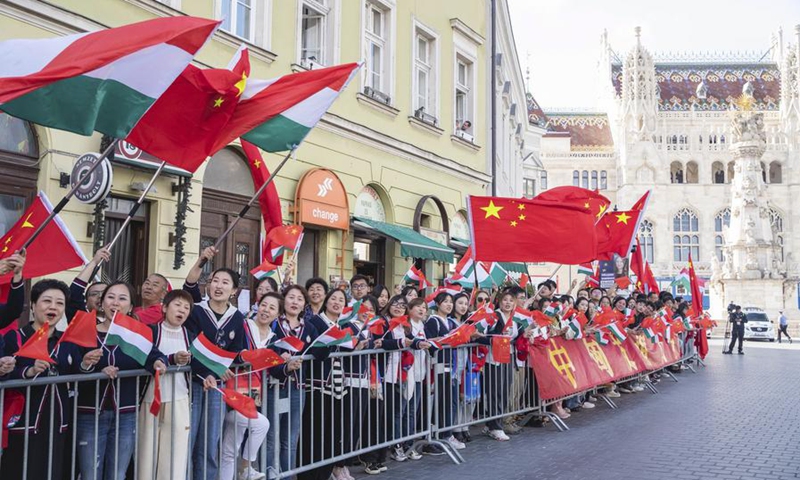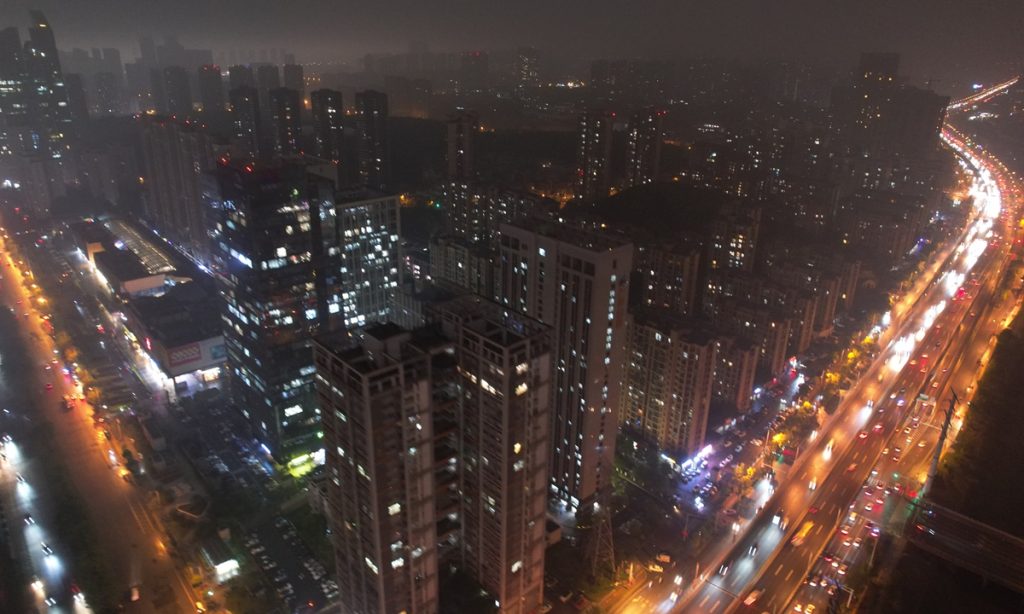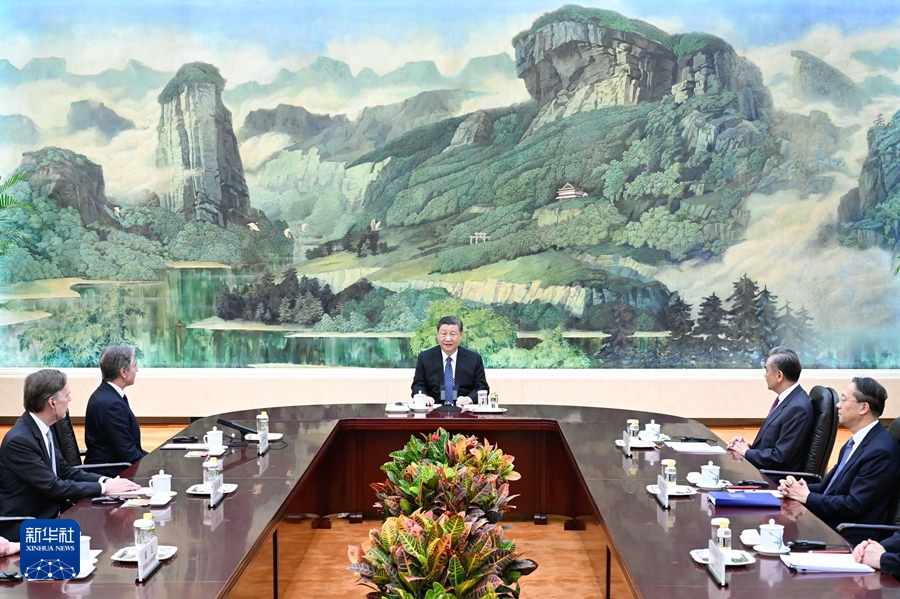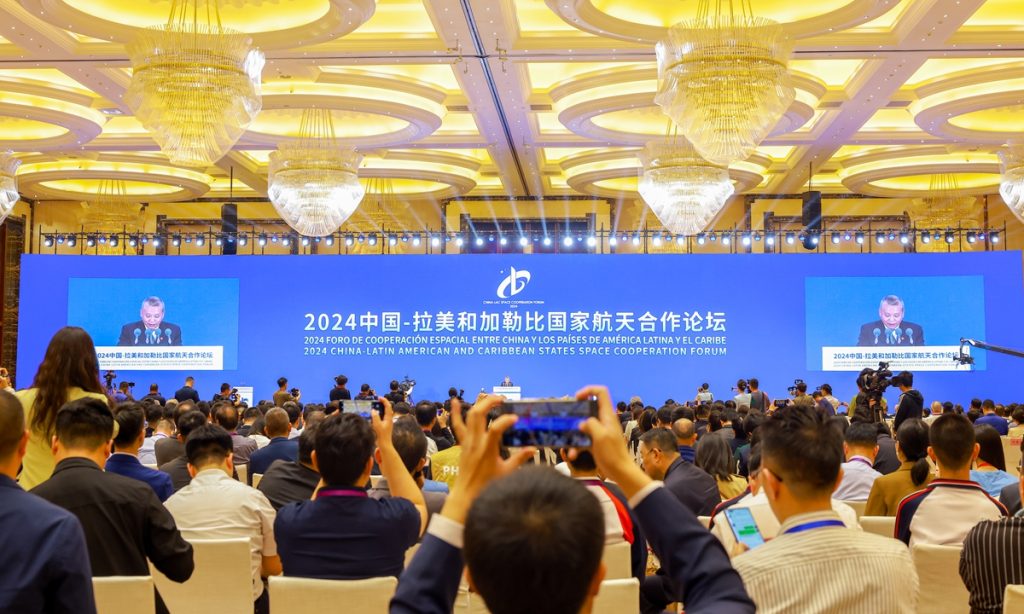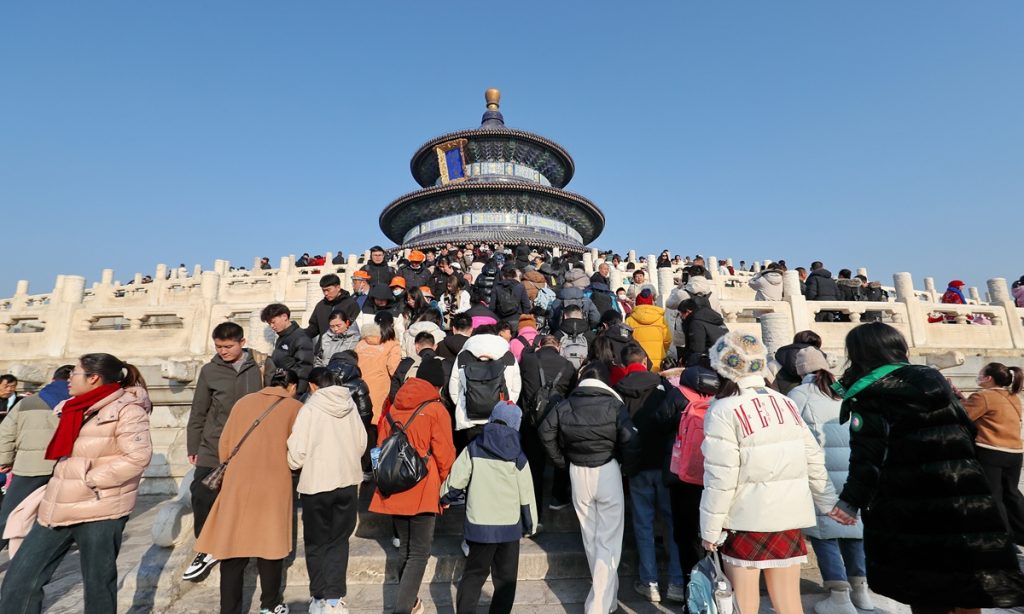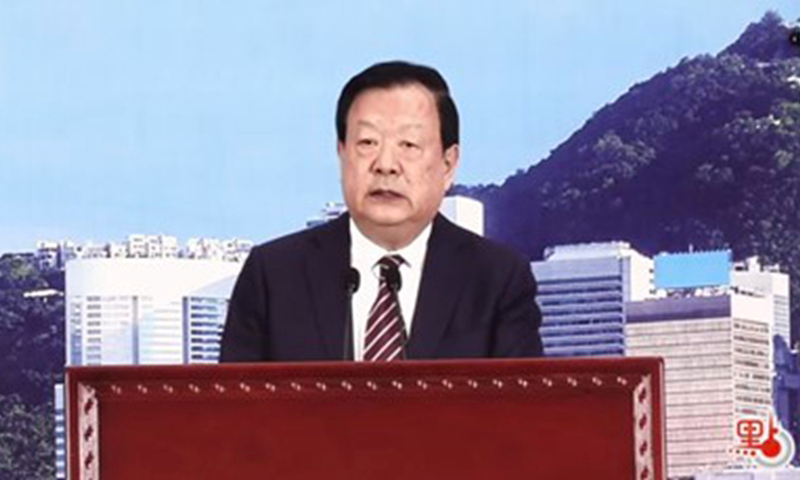Driving a prosperous world: Chinese NEV manufacturers create jobs, improve people's livelihood overseas

Editor's Note:
As China's new-energy industries rise to global prominence, US officials have started a smear campaign based on false "overcapacity" claims. The rise of China's new-energy industries is due to innovation, rather than subsidies, and is beneficial for the world, instead of posing threats to other countries. To illustrate this, the Global Times is publishing a multi-part series under the theme of "New Energy, New Opportunities." This story focuses on how the Chinese electric vehicles (EV) industry draws its competitiveness from competition, debunking the groundless narrative that the Chinese EV industry's strengths came from government subsidies.
While the US has kept hyping up "overcapacity" in China's new-energy vehicle (NEV) industry to smear the latter's technology edge in new energy production, many Chinese NEV companies are actively promoting globalization with an increasingly open attitude to provide high-quality and clean cars to global consumers, and moving to share development dividends with their global partners.
During recent years, a growing number of Chinese NEV makers and battery manufacturers such as BYD and CATL are investing in setting up plants overseas including the ASEAN, Europe, Middle East and South America. By extending their reach through overseas establishments and joint ventures, China's NEV sector has become a source of growth and catalyst for job creation globally, reinforcing the resilience of the global supply chain.
Industry analysts note that Chinese NEV companies aspire to seek win-win cooperation and mutual benefit in the process of their going global, and they attach importance to contributing to the economic and social development of the countries where they have businesses. With technological innovation and quality developed through competition in the global market, Chinese NEV makers continue to make greater contributions to global green transition and technological advance.
Rapid industry growth
Chinese NEV companies are flocking to Thailand after the pandemic came to an end and have played a vital part in the Thai government's strategy to boost up foreign investment as a way to speed up domestic economic growth, Xu Genluo, vice president of Thailand-based Amata Corp, told the Global Times on Wednesday.
Reflecting China's NEV manufacturing advantages, at least 10 Chinese NEV brands have come to Thailand to invest during the past two years, Xu said. He said Chinese companies have brought along good posts in technical, sales and management for local Thais.
The arrival of Chinese EV companies has contributed to the realization of the Thai government's ambition to scale up the country's domestic industrial and value chain, restructure its industrial capacity, and fulfil its climate and emission control goals, Xu said, noting that the Thai government has awarded global companies, including Chinese NEV companies, with favorable policies.
As Thailand has a long automotive heritage and world-class manufacturing capability, Chinese leading NEV maker BYD has chosen the Southeast Asian country to build its first passenger car plant outside China. With BYD's advantages in whole industrial chain and its owning core technologies, the company would contribute to the popularity of NEVs in Thailand.
Chinese lithium-ion battery giant CATL announced a decision in 2022 to invest 7.34 billion euros ($7.9 billion) to build a 100 GWh battery plant in Debrecen of east Hungary, its second battery plant in Europe.
Investment will generate substantial tax revenues, create new jobs, and become a new driver for local economy, CATL said. It said the project will attract both upstream and downstream partners across the electric vehicle value chain to Hungary, injecting vitality into the country's sustainable development.
In February this year, the company signed a cooperation agreement with a Vocational Training Center in the city in order to train prepared and highly motivated professionals.
As some Chinese NEV players have consolidated their lead in electric vehicle and battery technologies, more global auto giants are seeking cooperation with leading Chinese automakers to learn their know-how.
In February, German carmaker Volkswagen agreed to carry out a strategic technical collaboration project with Chinese automaker XPeng to develop two intelligent connected vehicle models.
Stellantis, a multinational auto company headquartered in Amsterdam, also announced in October 2023 a plan to invest 1.5 billion euros to acquire approximately 20 percent of China's EV start-up Leapmotor, underlining the competitiveness of China's EV manufacturing.
"Overcapacity should indicate an imbalance between demand and supply, but it is often misused. If we look at the global demand for clean new energy, we actually have an under-capacity," Claudio Celani, economic editor of news magazine Executive Intelligence Review, told the Global Times in a recent interview.
In Africa, some of its 1.4 billion people currently lack access to a power grid. Most of them are located in Sub-Saharan Africa, in countries which, even if they want to, have neither the financial nor physical means to satisfy that demand. It is obvious that the technology must be brought in from countries like China and other industrial nations, Celani said.
Celani attributed China's competitive advantage in NEV and other industrial products to two main factors, namely technological progress and economy of scale.
Globally competitive
"Across the world, only China has mastered core NEV technologies. The entry of Chinese NEV makers to overseas markets will not only drive investment and create jobs but also help these countries rapidly build up their NEV production capacity and gain international competitiveness after a while," Zhang Xiang, director of the Digital Automotive International Cooperation Research Center of the World Digital Economy Forum, told the Global Times.
Compared with traditional automobile powerhouses, China's development of NEVs was relatively early and therefore has already achieved a degree of technological accumulation.
"As a result, China-made NEVs are internationally competitive with lower production costs and good performance, which make them popular in overseas markets," Zhang said.
The US' "overcapacity" narrative cannot impede the ongoing transformation and upgrade momentum of China's traditional industries, Zhang said, noting that China's new energy products will play an increasingly important role in driving the global low-carbon transition.
China's vehicle market got off to a good start in the first quarter of 2024, with production and sales both exceeding 6.6 million units, according to the latest data released by the China Association of Automobile Manufacturers. The market share of NEVs remained above 30 percent in the first three months, official data showed.
